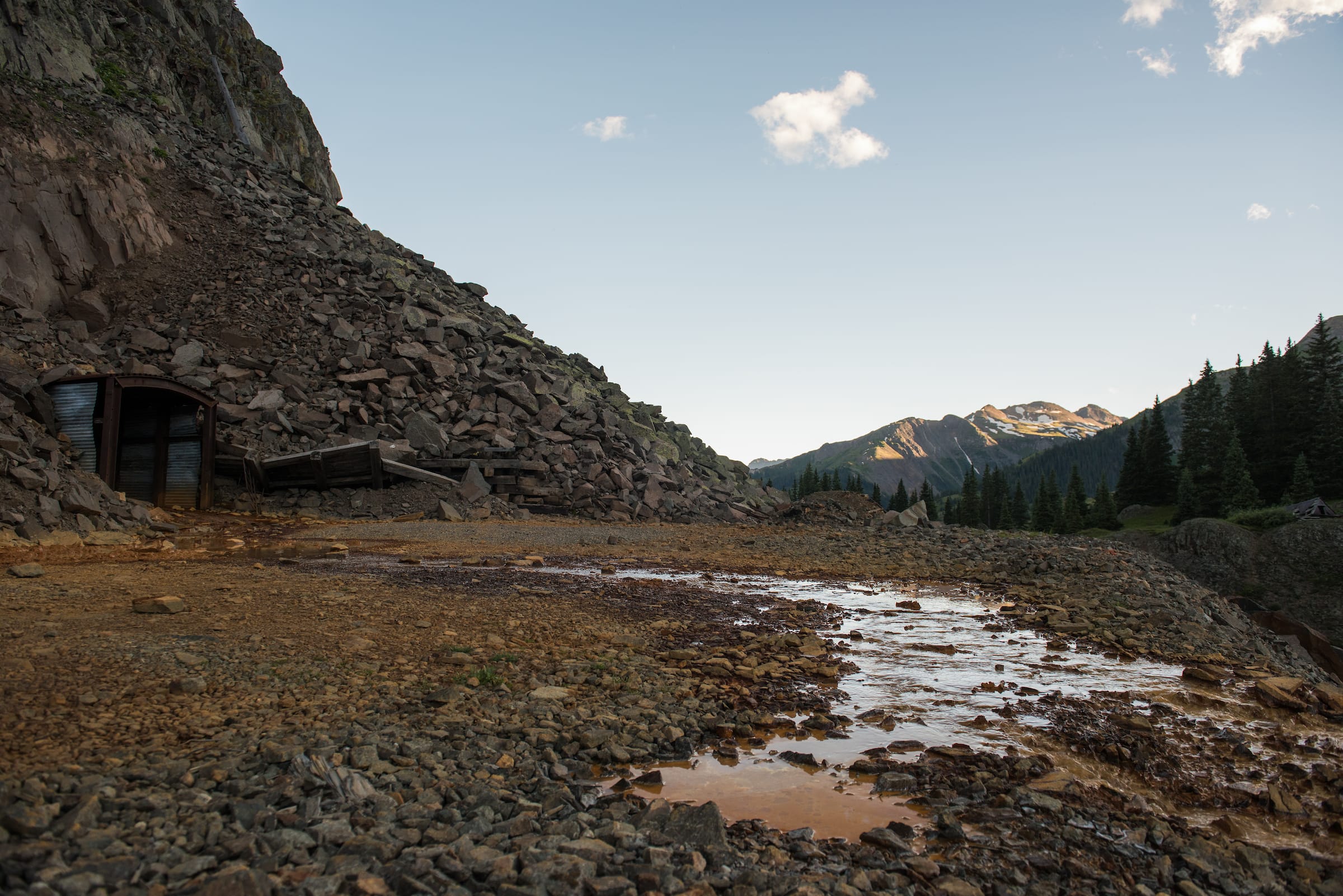
Long-debated mine pollution measure clears a full chamber of Congress for the first time
Contacts:
- Chris Wood, President and CEO, Trout Unlimited – chris.wood@tu.org
- Corey Fisher, Public Lands Policy Director, Trout Unlimited – corey.fisher@tu.org
- Zoe Bommarito, National Advocacy Communications Director, Trout Unlimited – zoe.bommarito@tu.org, 517-604-1844
Washington, DC – Today, the U.S. Senate passed the Good Samaritan Remediation of Abandoned Hardrock Mines Act of 2024 with unanimous consent, which would begin to address one of the most pervasive sources of water pollution across the West.
The legislation, spearheaded by U.S. Sens. Jim Risch (R-ID) and Martin Heinrich (D-NM), boasts a bipartisan group of 40 co-sponsors in the Senate. Good Samaritan legislation has been debated in Congress for more than two decades; this is the first time a bill has cleared a full chamber.
“Passage of the Good Samaritan legislation is the perfect demonstration of the application of common sense to common problems for the common good, and it validates TU’s approach of bridging divides to care for the lands and waters that sustain our great nation,” said Chris Wood, President and CEO of Trout Unlimited. “We thank Senators Risch and Heinrich for their unwavering commitment to cleaning up historic mine pollution and advancing the work of Good Samaritans across the country.”
“Tens of thousands of abandoned hardrock mines cause environmental damage across the West, impairing 40 percent of headwater streams. Today’s action is a turning point for clean water,” said Corey Fisher, Public Lands Policy Director at Trout Unlimited. “Without this Good Samaritan legislation, abandoned mines that could otherwise be remediated will continue to leach toxic pollutants into our watersheds and communities. We urge the House of Representatives to swiftly pass Good Samaritan legislation and clear the way for Good Samaritans to improve the health of our rivers and streams.”
Abandoned mines are historic mine sites – often a century or more old – where there are no parties who can be held responsible to clean up mine waste. Current federal laws treat volunteer organizations that want to clean up these abandoned mines—including state agencies and private non-profits groups like Trout Unlimited—as if they are the very polluters who left behind the mine waste. This creates daunting obstacles that prevent abandoned mine cleanups, including complicated permitting and long-term legal and financial liability for any remaining mine pollution.
The Good Samaritan legislation would establish a new program under the Environmental Protection Agency (EPA) providing limited liability protections for up to 15 low-risk abandoned mine cleanup pilot projects conducted by state agencies, tribes, and qualified volunteer parties. Learn more about Good Samaritan legislation at https://www.tu.org/good-samaritan

